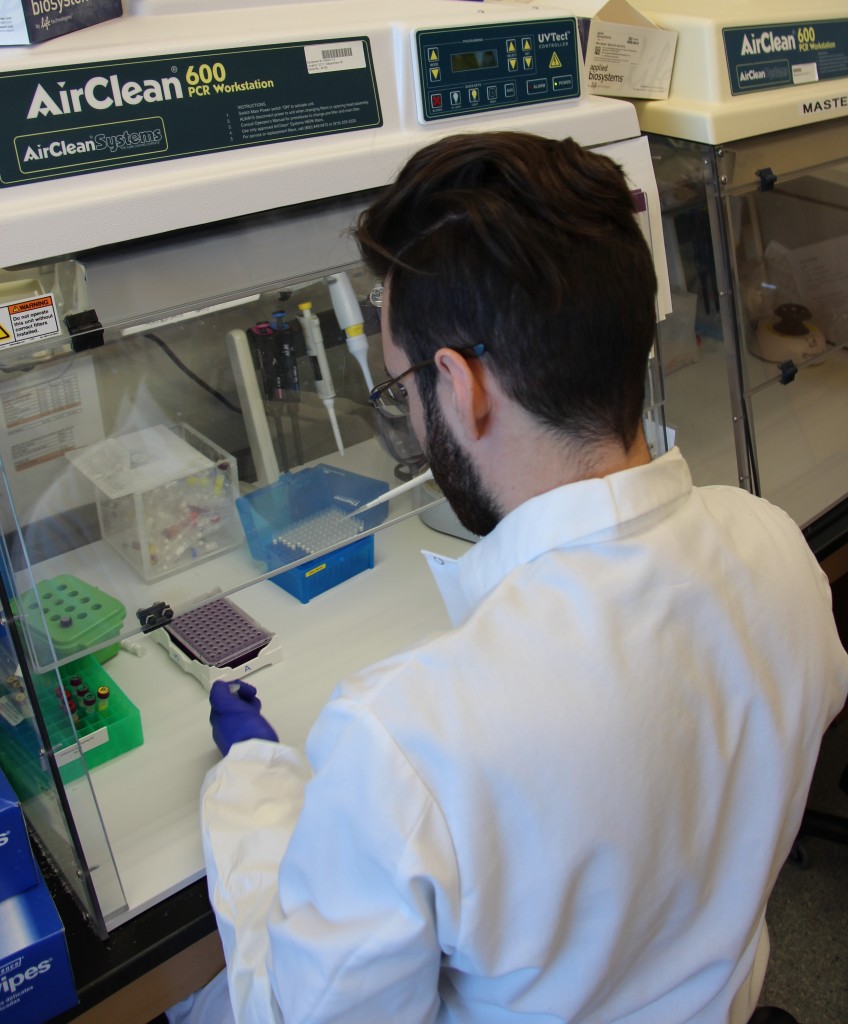 Late on Friday, working with Pima County Health Department, our Arizona State Public Health Laboratory confirmed Arizona’s first case of measles of 2019. A family and their young child traveled internationally to an area with active measles cases and the child became sick with measles. The child’s health is improving now, but the work of our disease detectives is just beginning.
Late on Friday, working with Pima County Health Department, our Arizona State Public Health Laboratory confirmed Arizona’s first case of measles of 2019. A family and their young child traveled internationally to an area with active measles cases and the child became sick with measles. The child’s health is improving now, but the work of our disease detectives is just beginning.
State and county public health staff have been working all weekend to identify places where the child may have gone while contagious with measles and alert anyone else who was at those same places within a couple of hours of the child. Right now, it looks like the child only visited healthcare facilities while contagious. Patients who were at those facilities around the same time as that child have been notified.
This detective work is critically important to stopping a widespread measles outbreak. Measles is contagious starting about four days before the measles rash shows up. Often this means that people sick with measles are still out in the community visiting places like stores, schools, or other locations before they have a rash, but during the time when measles can spread from them to others who aren’t protected from measles.
When public health can identify where people sick with measles visited, we can notify others who visited those same places to be on alert for measles symptoms like fever, cough, runny nose, and watery eyes. Anyone experiencing those symptoms who was possibly exposed to measles should call ahead to their healthcare provider before going in so the provider can arrange to see the patient without endangering anyone else.
This situation is a good reminder that diseases are only a plane ride away. Whether you’re traveling to another country, or another one of the six U.S. areas with ongoing measles outbreaks, it’s important to protect yourself from measles with the MMR vaccine. If you and your family are traveling abroad, check CDC’s Travel website to determine whether there are any specific vaccines recommended or recommendations for different timing of vaccines. For example, the CDC recommends young children traveling to countries with ongoing measles outbreaks get their first dose of the MMR vaccine between 6 and 11 months rather than waiting until 12 months when the first dose is typically recommended.
Now that there is measles activity here in Arizona, check your family’s vaccine status to make sure you’re all up to date on your shots. The MMR vaccine will protect you, your family, and your community from a measles outbreak. If enough people in a community are vaccinated, it is much more difficult for the measles virus to spread and cause a large outbreak.









